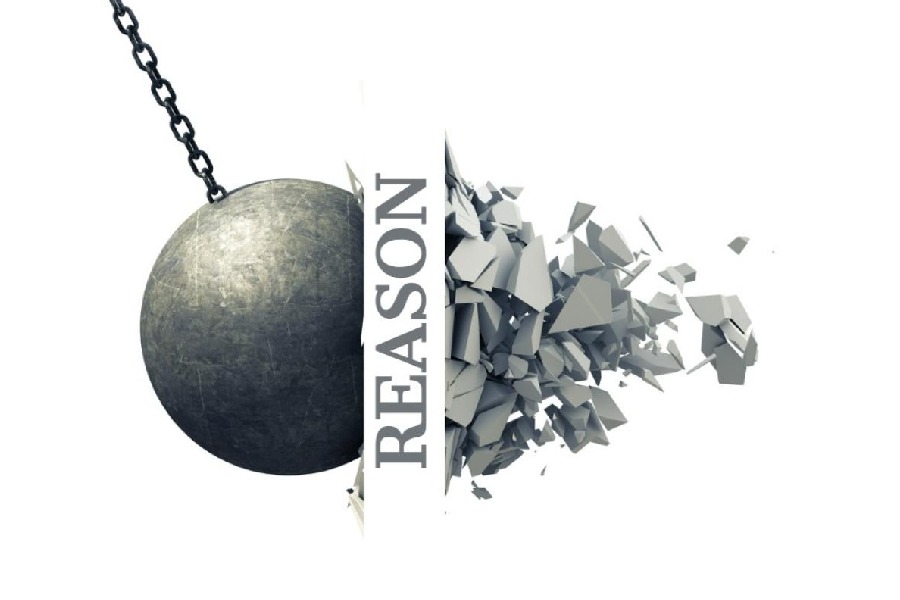Book: THE LAST DANCE OF RATIONALITY: MAKING SENSE OF AN UNRAVELLING WORLD ORDER
Author: Rohit Prasad
Published by: Hachette
Price: Rs 799
In an ever-changing world mired in complex power relations, invested in newer technologies reducing our daily experience to a range of simulated intimacies and rehearsed scripts, this book could come to our rescue when we struggle to imagine a future for humanity.
The book is divided into two unequal parts: one unpacks the world of events and phenomena within a paradigmatic structure, and the other chalks out the ideological precipitate of the former. Rohit Prasad articulates a strong thesis underpinned by his intellectual conviction in a modernist trope — history forming and unravelling in a linear flow governed by an order. The entirety of his endeavour attests to his heirship as an unconvinced child of Enlightenment. Not all the illusions of the Enlightenment have died out, not least in the approach of the book that still attempts to make ‘sense’ of the ‘world order’. The reader would be persuaded by Prasad’s in-between approach and vision of a future that unseats reason from its unrivalled position, only to provide more space to non-Enlightenment rationalities that may be known by different names.
Prasad presents the book as a way of understanding human predicament in the 21st century by tracing the function of reason in social, economic, and personal spheres. Needless to point out, when the book calls out rationality in all its horrifying manifestations, Prasad speaks of reason founded in the Judaeo-Christian worldview, on the philosophy of Enlightenment and perfected through exercises in colonisation and imperialist dominance. The ongoing march took several strides — secularisation, liberalisation, and globalisation — and resulted in robust networks of capital and exchange supported by the rise of liberal democracies. It appeared that everyone had something in the bargain—material progress, freedom, and happiness. But what everyone got were unendorsed byproducts: wealth inequalities, State surveillance, and ecological disasters. Before we pardon reason as a benign force hijacked by market-designs and circulation of capital, Prasad scrutinises further to assent ‘marketisation’ innate to the ideology of rationality. The inseparable nexus between leaders and business — a hallmark of Enlightenment — undergirds the operations of rationality. He explains away the glaring contradictions of rationality — individuality and loneliness, progress and inequities, freedom and depression — as a structural duality.
Prasad champions ideas which may not be new given the impact of postmodernism on cultural studies and academia. But the book must be credited for tying loose strands and flourishing an overarching structure to reimagine a world ruined by overreliance on the myths of rationality. For Prasad, the illusions of rationality — belief in material progress driven by science and scientific reason — have outlived their usefulness. We stand at a crucial juncture of time as witnesses to the last dance of rationality. And with this last dance, an era or yuga comes to full circle. Prasad expects the vacuum left by the demise of rationality to be filled by a variety of claimants, from the ridiculous to the sublime. Society would develop “new humility towards knowledge systems… not based in mainstream Enlightenment thought.” Welcome to the age of meta-reason.











